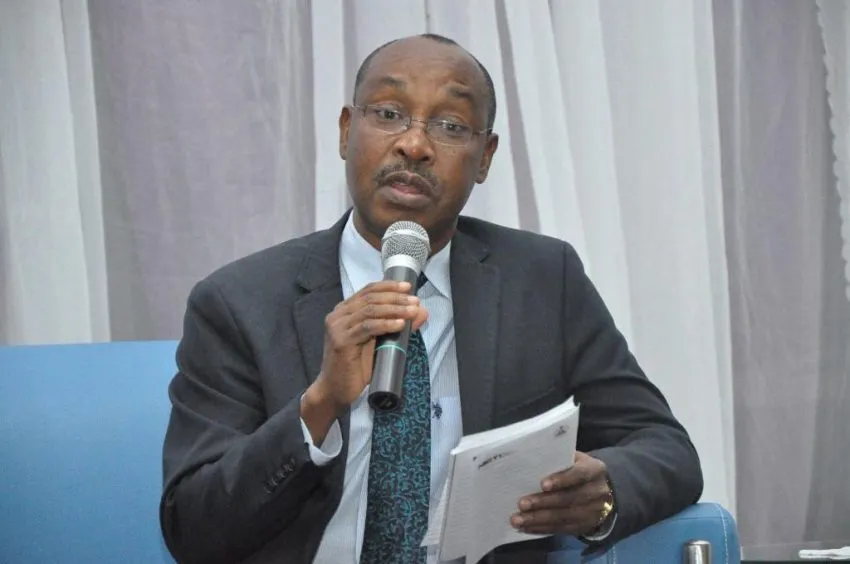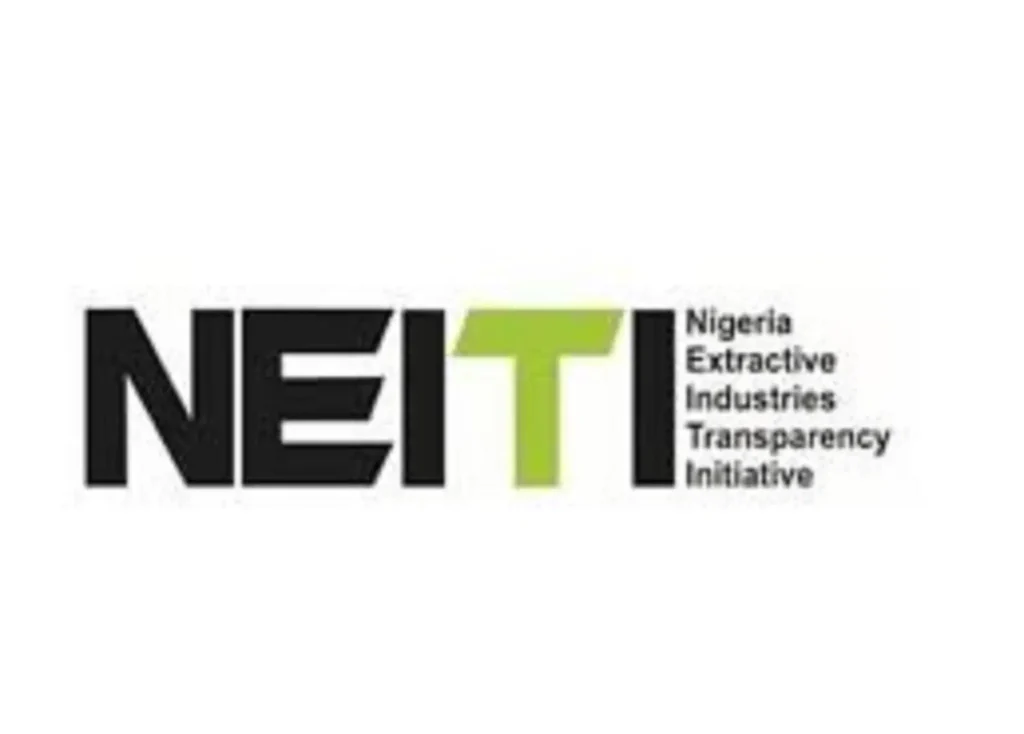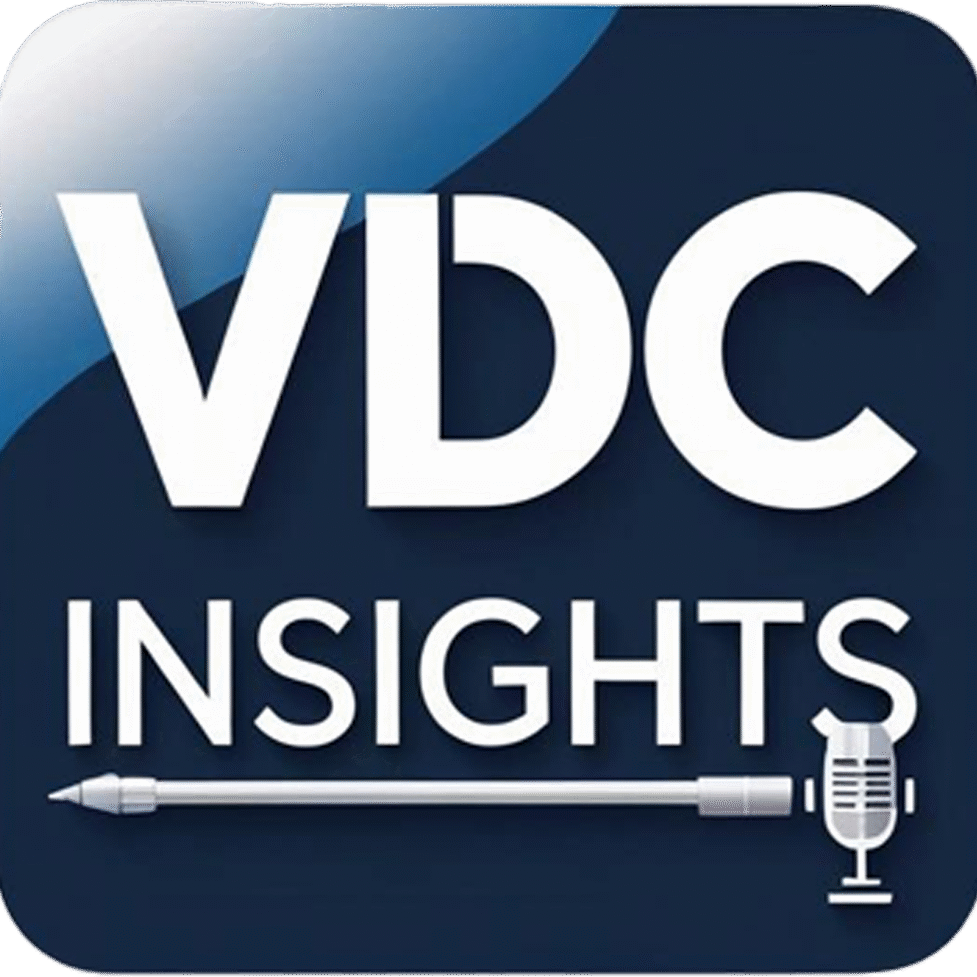The Nigeria Extractive Industries Transparency Initiative (NEITI) has called on civil society actors to advance from activism to knowledge-based, evidence-driven, and solution-oriented advocacy that adds real value to extractive sector governance.
This call was made today during a courtesy visit by NEITI to the Civil Society Legislative Advocacy Centre (CISLAC) headquarters in Abuja.
At the visit, the Executive Secretary/CEO, NEITI, Dr. Orji Ogbonnaya Orji, highlighted the longstanding alliance between the two institutions in promoting transparency, accountability, and reforms in Nigeria’s extractive sector.
Dr Orji underscored the pivotal role of civil society organizations (CSOs) in the global governance landscape and called for an evolved mandate under the EITI framework. Dr. Orji emphasized the need for CSOs to transition from watchdogs to reform architects particularly in areas such as energy transition accountability, fiscal justice, and curbing illicit financial flows.
Orji stated “We are entering a new era defined by energy transition, digitalisation, and fiscal pressures. Civil society must redefine its role to remain impactful, leading in developing scorecards for government and company commitments, analysing disclosures, and offering alternative policy options on revenue, subsidies, and debt sustainability,” .
He remarked: “It is in this context that I call on CISLAC to work closely with NEITI to lead the debate within the civil society constituency. The time has come for CSOs to look inward and embrace this new agenda—an agenda that elevates their roles from monitoring to providing broader oversight of the extractive industries, from routine advocacy to knowledge leadership, from episodic interventions to structured impact”.
NEITI commended CISLAC’s remarkable standard of keeping the public informed and the civic space engaged, and urged CISLAC to transit from bulletins to the publication of peer-reviewed scholarly journals that can aid research, teaching, and learning.
The agency noted ‘Such a step will institutionalize knowledge production, strengthen the academic foundations of civic work, and place Nigerian civil society at the forefront of global thought leadership on extractive governance.’
Orji concluded “CISLAC, with its history of policy influence and civic mobilisation, is well positioned to champion this transformation. On behalf of NEITI, I reaffirm our commitment to an open civic space and to working hand in hand with CISLAC and other civil society partners.
He stressed “NEITI remains committed to fostering multi-stakeholder engagement that promotes transparency, accountability, and effective reforms in alignment with its core mandate”.
.
In his welcome address, the Executive Director of CISLAC and Head of Transparency International Nigeria, Comrade Auwal Musa Rafsanjani, reflected on the shared history that has bound the two organizations since Nigeria’s pioneering adoption of the EITI in 2003.
Comrade Rafsanjani noted “CISLAC is proud to have been one of the civil society organizations that advocated for the establishment of EITI in Nigeria. Our partnership has extended across policy dialogues, public awareness campaigns, host community engagements, beneficial ownership transparency advocacy, and joint efforts to amplify audit findings and demand accountability,” .
He commended NEITI’s role in providing critical data that has exposed gaps, saved billions, and informed policy decisions, while urging renewed focus on translating reports into sub-national actions and ensuring tangible impacts for extractive communities.
The Executive Director CISLAC, proposed opportunities for a reinvigorated partnership, such as tracking NEITI audit recommendations, legislative advocacy for strengthening laws like the Petroleum Industry Act, capacity building for journalists and parliamentarians, and protecting civic space in extractive governance.
Rafsanjani concluded ’This visit marks a pivotal step in fortifying institutional partnerships, paving the way for innovative approaches to governance challenges in the extractive sector. ‘
The event was attended by key management staff of NEITI and CISLAC.


